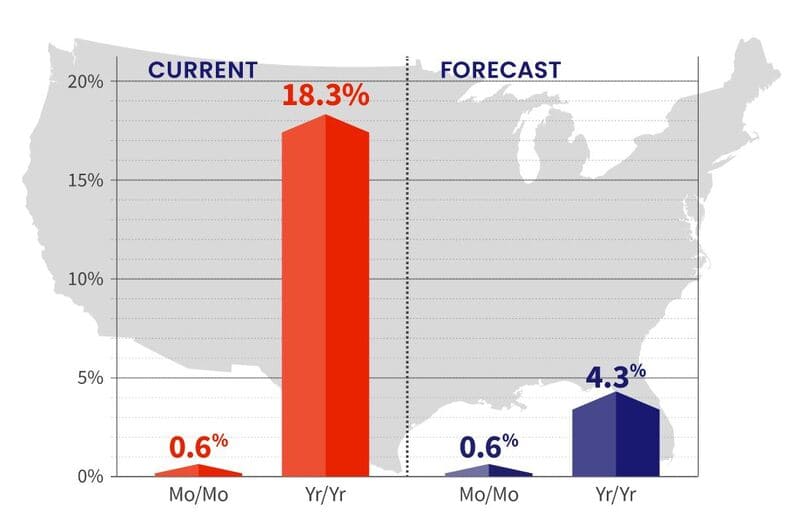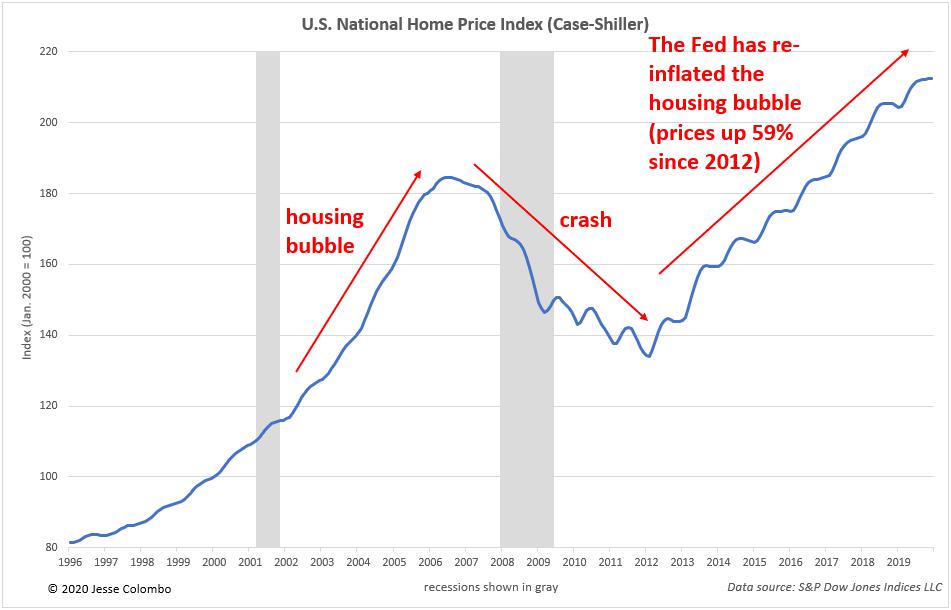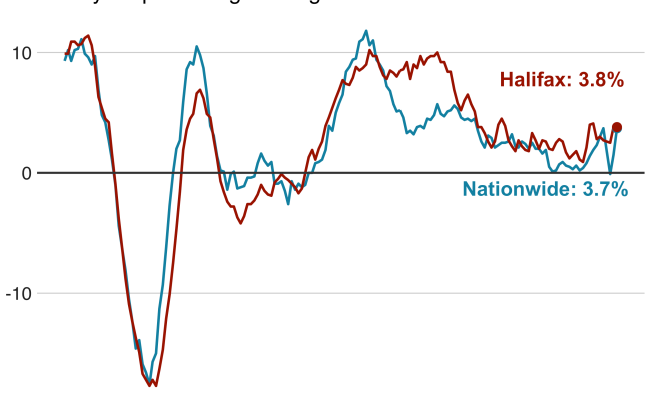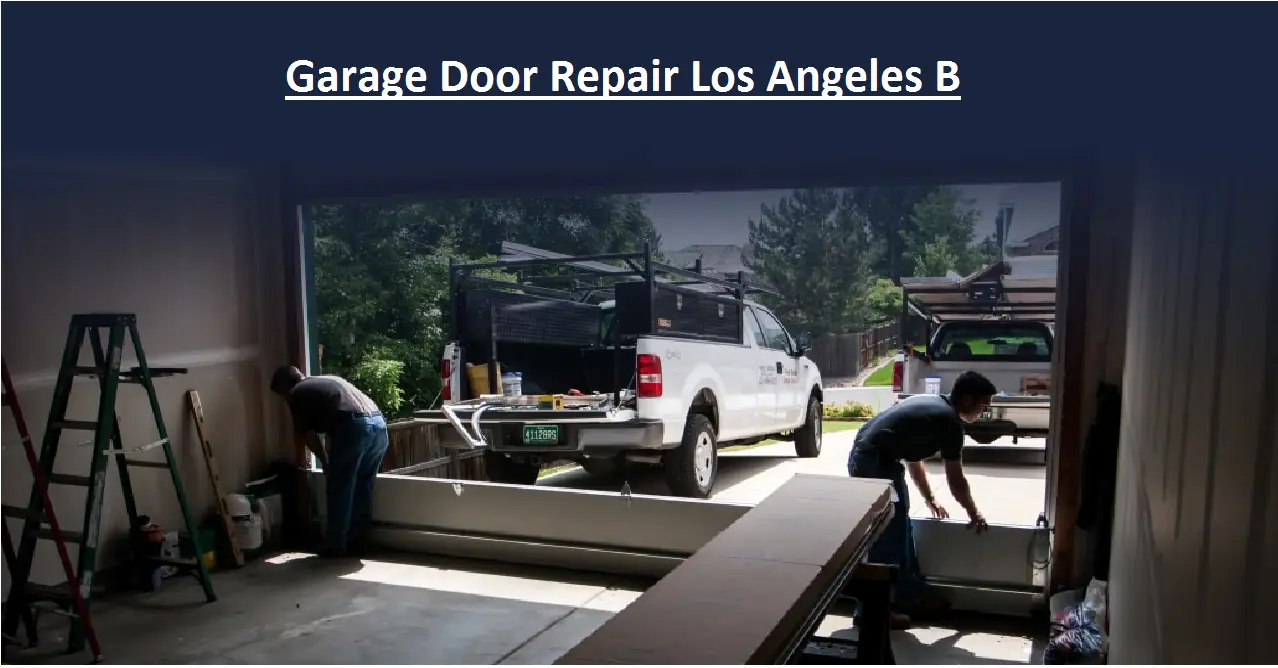
Introduction
The housing market has been volatile for a while, but 2018’s crash is the most severe in decades. And while we’re still not sure how long this slump will last, it’s important that you know what to do if your house is underwater and how to avoid foreclosure.
1. Why is the market crashing?
- Why is the market crashing?
The housing market crash that began in 2008 has led to a number of problems for homeowners and banks alike, including:
- A lack of regulation in many parts of the country. The lack of regulation allowed subprime lending practices to become more widespread than they should have been, which caused many borrowers who could not afford their monthly payments to default on their mortgages or take out additional loans from institutions like payday lenders or pawn shops. As a result, these borrowers’ credit ratings were damaged by their inability to pay off their debts—and this damage may be permanent depending on how much time passes before someone applies for another loan (a process known as “rebuilding one’s credit”). HOUSING MARKET CRASH
- Too many houses being built with poor construction materials (such as concrete) meant that homes were not as sturdy as they should have been during an earthquake or hurricane. This also resulted in higher insurance costs because insurance companies had trouble verifying whether buildings were safe enough during storms; they often had no choice but to issue policies without knowing exactly what kind of damage would occur if such events occurred during an event like Hurricane Sandy five years ago this fall! HOUSING MARKET CRASH

2. What should I do if my house is underwater?
If you have an underwater mortgage and are trying to sell your house, here’s what you should know.
- How do I find out if my house is underwater?
- What should I do if my house is underwater?
- How can I get my house out of the red?
- What does this mean for me personally and professionally as a real estate agent or broker who works with buyers and sellers in the home buying process?
3. What can I do to avoid foreclosure?
- Mortgage companies are legally required to notify you of any missed payments or late fees. If you’re not getting this information, contact your lender immediately. HOUSING MARKET CRASH
- You can also seek help from the National Mortgage Settlement, which was established in November 2013 as part of a settlement agreement between state attorneys general and five major banks (Bank of America Corp., Citigroup Inc., JPMorgan Chase & Co., Wells Fargo & Company and Ally Financial Inc.) HOUSING MARKET CRASH
- over foreclosure fraud allegations. The agreement includes provisions that require lenders to give homeowners written notices about their rights under the mortgage contract when they receive a foreclosure notice; provide additional time for payment plans; do not charge fees for payments made on behalf of someone else; HOUSING MARKET CRASH
- make sure borrowers get accurate information about their options before signing off on any documents related to foreclosure proceedings and provide counseling services when needed so that people know what steps need to be taken next before filing suit against their lender
4. Are banks going to loan money again?
Yes, banks are still lending money. They’re making a lot of it too—but they’re not doing it for free.
- Banks make money from interest on loans and fees charged by third parties like mortgage brokers and real estate agents (among others). In fact, the average American household pays an average of $1,730 per year in these fees just to purchase their home! HOUSING MARKET CRASH
5. How can I find out if my bank is in trouble?
As a homebuyer, you’re likely to start your search for a mortgage lender by looking at the details of each institution’s financial statements. The most important thing you should look at is their quarterly and annual reports; these will give you an idea of how much money they earn, how much they lend out, and how well they manage their assets.
You can also check if the bank has been given negative credit ratings by checking with agencies such as Fitch Ratings or Standard & Poor’s Investor Service (S&P). While these ratings are based on past performance rather than current results, they are useful indicators of whether or not a company has sufficient capital to support its operations over time—important information if you’re considering investing in them!
Other factors that may affect your decision include:
- How does this particular firm compare against other banks? The way that banks are assessed differs from country to country so finding out where yours ranks would be helpful in making sure it isn’t too risky for your to own wealth management decisions.”

6. Should I move before the market crashes?
If you are thinking of buying a house, wait until the market has stabilized. If you are thinking of selling your home and refinancing your mortgage, wait until the market has stabilized. HOUSING MARKET CRASH
The reason for this is that in both cases, buyers and sellers can’t make educated decisions based on what they think might happen in the future. The only way to know whether your house will sell or not is by actually putting it on the market (or telling potential buyers about it). HOUSING MARKET CRASH
7. If foreclosures go up, can I get a good deal on a house?
If you are looking to buy a house, now is a good time. There is a lot of inventory out there and prices are still low. If you are looking to sell your house, on the other hand, it might not be such a great time. There are so many properties on the market right now that even if yours gets listed at an affordable price (which isn’t guaranteed), buyers will have trouble finding houses they like at that price point or lower than yours in general—and if they don’t find anything within their budget range? You’re stuck with an empty house! HOUSING MARKET CRASH
Be prepared for financial instability
- Prepare for the worst. HOUSING MARKET CRASH
- Don’t be afraid to ask for help. If you’re struggling with your housing situation, don’t hesitate to reach out for some advice from other homeowners in your area—or even from someone who’s not a homeowner at all! A good rule of thumb is that if you’re having trouble paying your bills and can’t seem to make ends meet, then it might be time to start considering selling or renting out part of your home (or both).
- Don’t be afraid to move. If things still aren’t working out after considering these options and making changes as necessary, then maybe now would be an appropriate time for downsizing and moving into something smaller while still maintaining access to services like childcare facilities within walking distance. This could also mean selling off some belongings just so they won’t clutter up space in another house down the road! Just remember: It takes effort on behalf of both parties involved before anything gets accomplished successfully enough where everyone wins big! HOUSING MARKET CRASH
Conclusion
For the most part, we think that the housing market crash is a good thing. It seems to be a sign that we’re finally turning a corner in our economy—one that will make it possible for families and businesses to thrive once again! But with all the talk about how bad things could get if this slump goes on too long, it’s important for everyone from homeowners like yourself to bankers and investors alike



